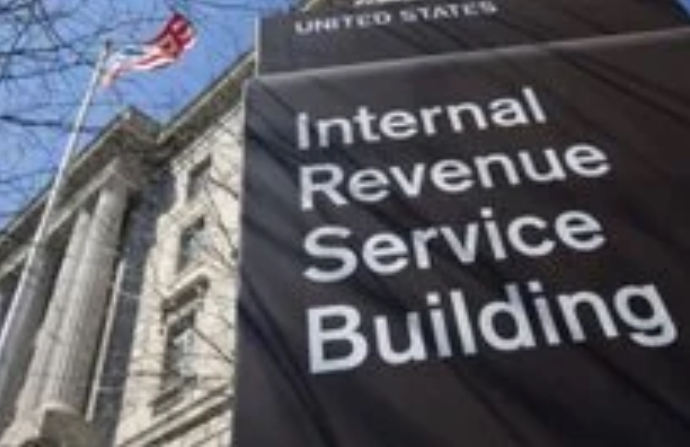IRS criminal division observes rise in crypto tax evasion cases, shifting focus from money laundering to tax evasion.
According to a report from the Internal Revenue Service (IRS) criminal investigations division, tax evasion has emerged as a significant area of focus in crypto investigations. More than half of all probes conducted in the last fiscal year were related to tax matters.
This news coincides with the IRS actively seeking input from stakeholders on its upcoming framework centered around cryptocurrencies.
Crypto Tax Crimes Surged
The report indicates that three years ago, more than 90% of active cryptocurrency investigations primarily focused on money laundering. However, tax-related issues accounted for approximately half of the digital asset investigations in the previous fiscal year, which began October 1, 2022, and ended September 30, 2023.
Therefore, the IRS is intensifying its efforts to combat cryptocurrency tax fraud. The agency’s Criminal Investigation Unit reported an increase in the number of investigations into digital asset reporting in its annual report.
In the paper, the unit mentioned that they initiated at least 2,676 cases in the 2023 fiscal year. They identified over $37 billion in transactions associated with financial and tax crimes.
The investigations primarily centered around undisclosed holdings of cryptocurrencies, unreported capital gains from cryptocurrency transactions, income generated from mining activities, and even concealment of cryptocurrency holdings.
According to Jim Lee, the head of the Crime Investigation Unit at the IRS, the growing adoption of digital assets has led to a concurrent rise in tax-related investigations, which is anticipated to continue. Deliberate evasion of payment obligations is one of the main offenses under scrutiny, with taxpayers purposefully concealing ownership of cryptocurrencies to safeguard their assets.
IRS’s Crypto Mission
The Internal Revenue Service (IRS) initiated its mission to address crypto markets in 2015, commencing investigations into crypto-related crimes. According to reports, the IRS has successfully seized over $10 billion in crypto assets since its initial actions.
In 2019, the IRS introduced a new mandate for U.S. taxpayers, requiring them to report all digital asset transactions to mitigate instances of tax evasion.
The agency is diligently formulating new regulations, specifically targeting brokers and intermediaries involved in the crypto business. The IRS actively seeks input from various stakeholders regarding proposed cryptocurrency tax reporting measures until January 25, 2024.
These forthcoming regulations will be incorporated into the American Families Plan Act of 2023, necessitating crypto exchanges and brokers to report crypto transactions surpassing $10,000 to the IRS and taxpayers. Additionally, this framework mandates that crypto businesses maintain knowledge of their customers and retain thorough transaction records.

